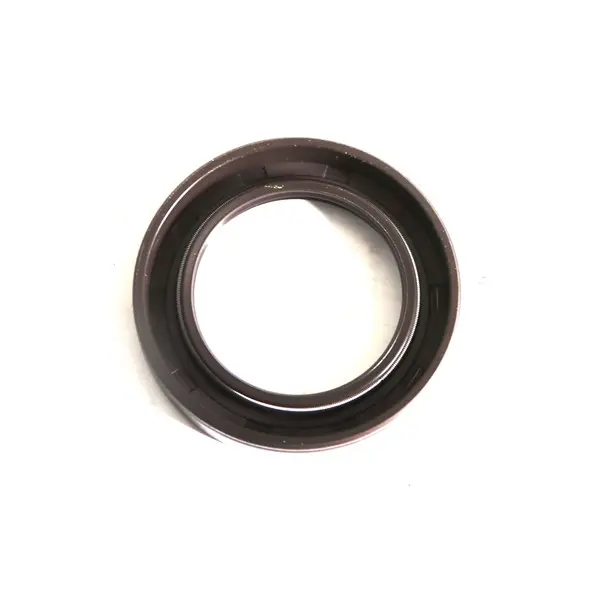10 月 . 13, 2024 13:28 Back to list
Understanding the Importance of Small Oil Seals in Mechanical Applications
Understanding Small Oil Seals Their Importance and Applications
Small oil seals are critical components in various mechanical systems, playing a vital role in preventing the leakage of lubricants, fluids, and other materials. Commonly used in automotive, industrial, and household applications, these seals ensure the longevity and reliability of machinery by maintaining proper lubrication and protecting machinery from the ingress of dirt, dust, and moisture.
What are Small Oil Seals?
Small oil seals, often referred to as lip seals or shaft seals, are designed to fit around rotating shafts within machinery. Typically made from elastomeric materials, such as rubber, these seals feature a flexible lip that makes contact with the surface of the shaft. The unique design allows the seal to create a barrier that effectively retains lubricants while preventing external contaminants from entering the system.
The construction of small oil seals is of utmost importance. They are designed to withstand high pressures, temperatures, and various environmental conditions. Manufacturers often produce these seals in various sizes and configurations to meet the diverse needs of different applications.
Applications of Small Oil Seals
1. Automotive Industry Small oil seals are extensively used in vehicles to prevent oil leaks from engines, transmissions, and differentials. They are vital in maintaining optimal performance and efficiency, which ultimately contributes to the vehicle's overall lifespan. For instance, crankshaft and camshaft seals help to keep engine oil in and external pollutants out.
2. Industrial Machinery In manufacturing and production equipment, oil seals are fundamental for the proper functioning of machines such as pumps, gearboxes, and compressors. These seals help to ensure efficient operations and reduce maintenance costs by minimizing oil leaks. In many industrial settings, the integrity of machinery can directly impact productivity and safety, making the importance of oil seals undeniable.
3. Household Appliances Small oil seals also play a role in household appliances, such as washing machines and refrigerators. They help maintain the seals in motors and compressors, ensuring that these appliances operate smoothly and efficiently. A failure in these seals can lead to leaks that not only affect performance but can also cause water damage and require extensive repairs.
small oil seals

Benefits of Using Small Oil Seals
The use of small oil seals offers numerous benefits
- Leak Prevention One of the primary functions of oil seals is to prevent leakage of lubricating oils. This is crucial in protecting both the environment and the equipment, as leaks can lead to costly repairs and maintenance.
- Increased Longevity By ensuring proper lubrication and protection against contaminants, small oil seals contribute to the longevity of machinery. This reduces the frequency of part replacement and lowers operational costs.
- Efficiency Effective sealing helps maintain the necessary pressure and temperature within machinery, which is essential for optimal performance. This, in turn, can lead to improved energy efficiency and cost savings.
- Versatility Small oil seals are available in a variety of materials and sizes, making them versatile for numerous applications. Custom solutions can often be created to meet specific operational needs and conditions.
Conclusion
Small oil seals are indispensable components in a range of industries, providing crucial sealing solutions that enhance the performance and reliability of machinery. Their ability to prevent fluid leakage and entry of contaminants not only extends equipment life but also contributes to overall safety and efficiency in operations. As technology continues to evolve, the design and materials used for small oil seals will also advance, ensuring they meet the demands of modern machinery and applications. Understanding their importance and functionality can lead to better maintenance practices and informed decisions when choosing the right seal for various applications.